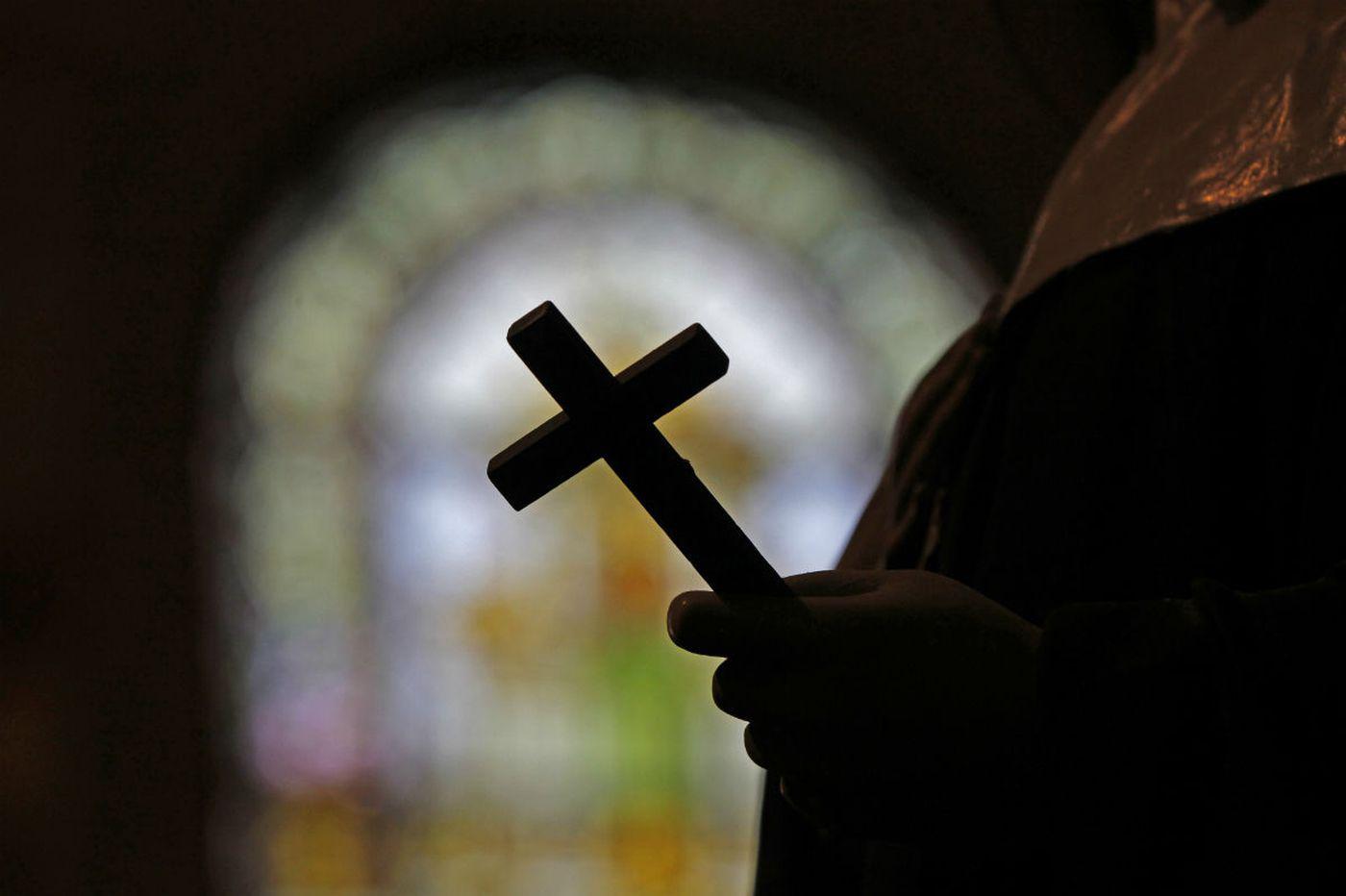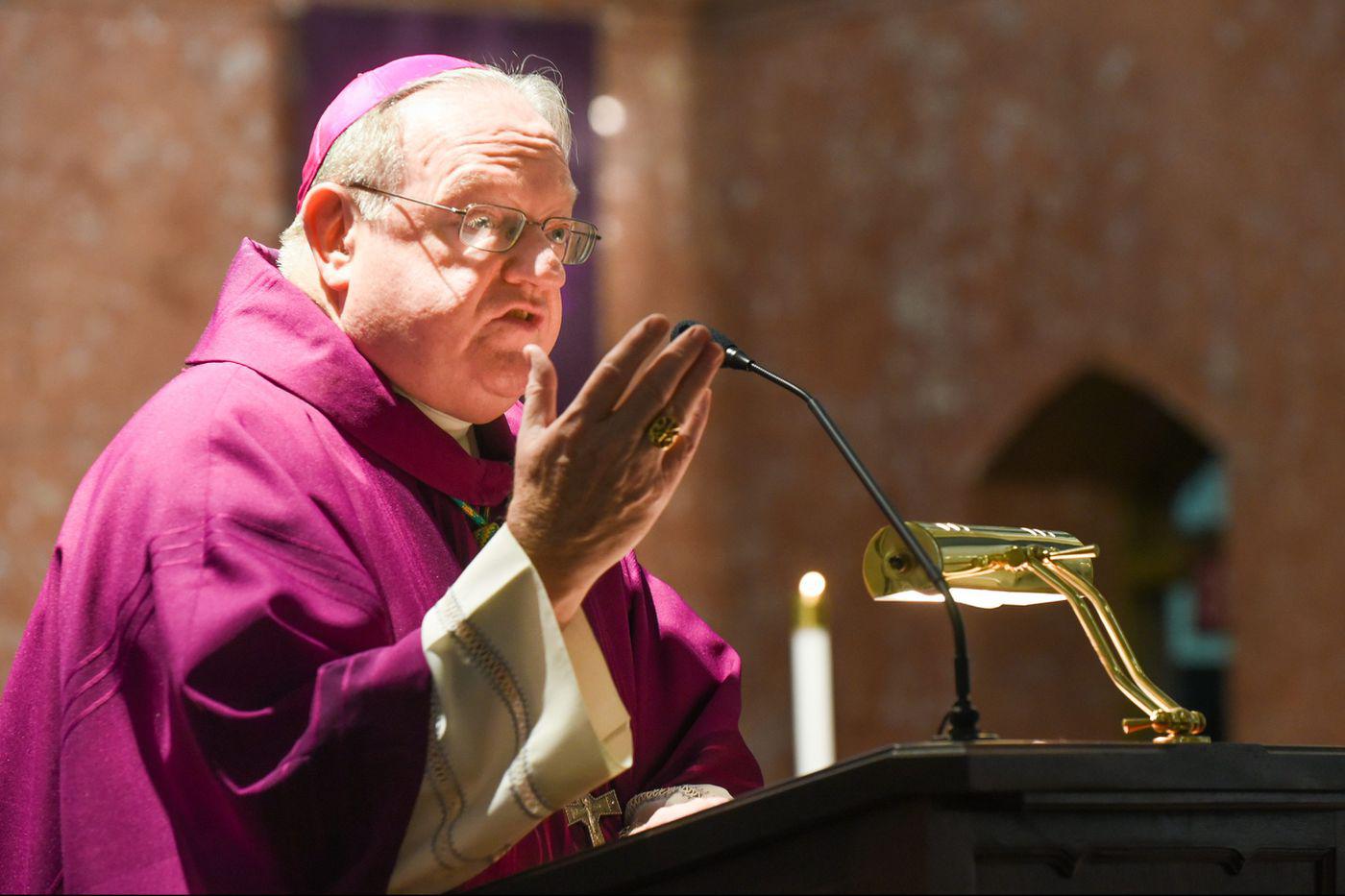|
Camden’s Roman Catholic diocese suspends payments to clergy abuse victims, citing COVID-19 financial stress
By Jeremy Roebuck
Citing financial losses resulting from the coronavirus pandemic, the Roman Catholic Diocese of Camden said Friday that it would halt payments from a clergy sex-abuse victim fund that has paid out nearly $7.6 million. In a statement, the diocese said it had suffered a “precipitous decline in revenue” and was rapidly approaching a point where it would not be able to continue to borrow money to pay authorized awards. “These steps are necessary in order to maintain the critical programs the Diocese of Camden continues to provide for the communities it serves, which, now more than ever, are so essential,” it read. A diocesan spokesperson said he did not know how many victim claims would go unresolved. Victims and their lawyers on Friday decried the decision, noting that many had been asked to relive traumatizing experiences and fill out exhaustive paperwork while applying through a process that is being abandoned. “This is going to surprise a lot of people,” said Marci Hamilton, a sex-abuse victims’ lawyer and an advocate for looser statutes of limitations in sex-abuse cases. “All I can say is, God bless the victims. They were just told to hurry up and then wait, and now they’re going to have to wait even longer.” Camden is the second diocese in the nation to prematurely shut down one of the dozens of funds bishops across the country set up last year to compensate victims of sex abuse by priests, and to fend off lawsuits in states, including Pennsylvania and New Jersey, which either considered or have passed laws granting victims a window to pursue in court even decades-old claims. The Diocese of Erie, cited in 2018 by Attorney General Josh Shapiro as one of the places in Pennsylvania where clergy abuse and cover-up had been especially egregious, suspended its independently run Survivors Reparation Program in April after paying more than $12 million, citing coronavirus-caused financial strain. The decision left roughly 40 claims unresolved, including that of a woman who told fund administrators she was repeatedly raped by a priest identified in Pennsylvania’s 2018 grand jury report as a serial offender. “This was really upsetting for my client,” her lawyer, Jordan Merson, said Friday. “To put her through what she went through with filling out all the necessary documents and reliving that experience, and to just tell her, ‘Sorry, we’re not going to do anything,’ is just beyond words.” Merson, an attorney in New York, also represents clients who have filed claims with Camden’s program, which Bishop Dennis J. Sullivan launched jointly with the state’s four other dioceses in February 2019. As of January, the New Jersey Independent Victim Compensation Program had paid out more than $11 million in settlements to 69 victims. Nearly 500 of the 560 claims filed during the application window, which closed that month, remained pending, according to the program’s most recent report. Like Erie’s program, the New Jersey funds were independently managed by mediator Kenneth R. Feinberg — who served as special master for the 9/11 victim compensation fund, and who oversaw Pennsylvania State University’s efforts to settle with victims of former assistant football coach Jerry Sandusky — and his business manager, Camille S. Biros. The pair also oversaw similar programs for dioceses in New York and Pennsylvania, including one launched by the Archdiocese of Philadelphia, which as of May 31 had paid out more than $50 million to 222 victims. Feinberg and Biros did not return requests for comment Friday. Merson said he was puzzled by Camden’s decision, given that unlike Pennsylvania, where efforts to create a window period for victims to file lawsuits alleging decades-old abuse have stagnated, New Jersey’s window remains open. “I guess they either decided they’re going to litigate all of these claims in court,” he said, “or they’re going to declare bankruptcy,” which would activate a cutoff date beyond which the diocese would be protected from any new claims stemming from old abuse. Diocesan officials did not spell out the thinking behind their decision. In an email, spokesperson Michael Walsh said only, “The diocese remains committed to providing compensation to victims of clergy sex abuse, a commitment that spans three decades, when we are again able to do so.” Contact: jroebuck@inquirer.com
|
.
Any original material on these pages is copyright © BishopAccountability.org 2004. Reproduce freely with attribution.

